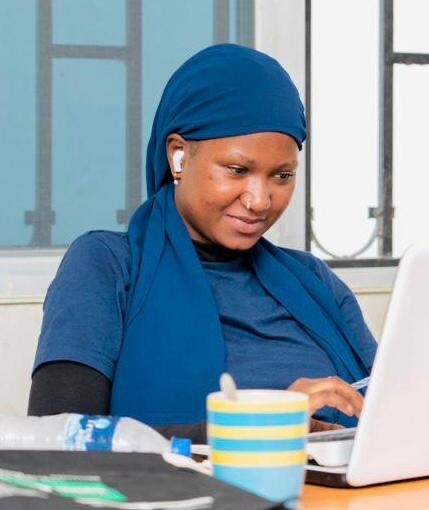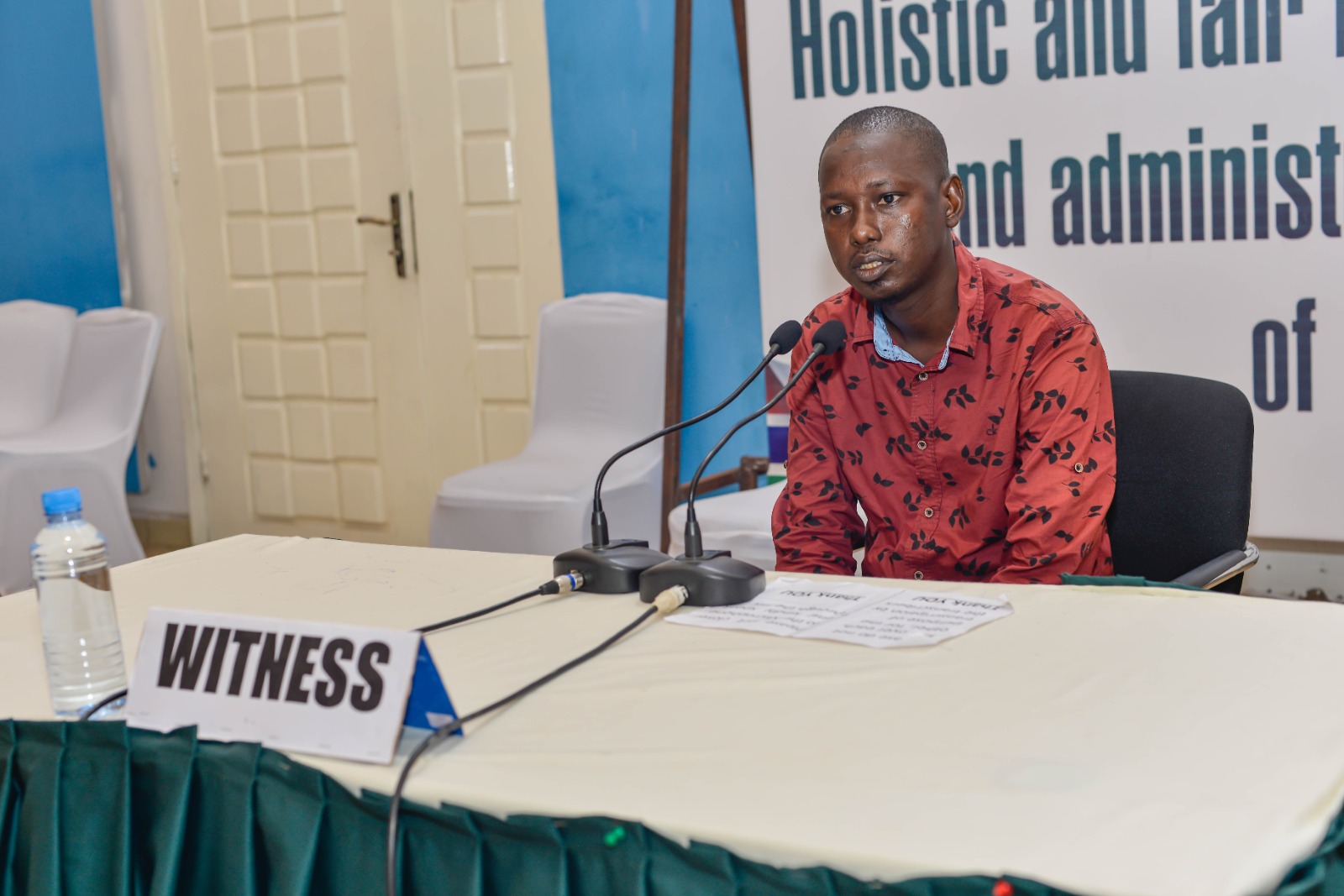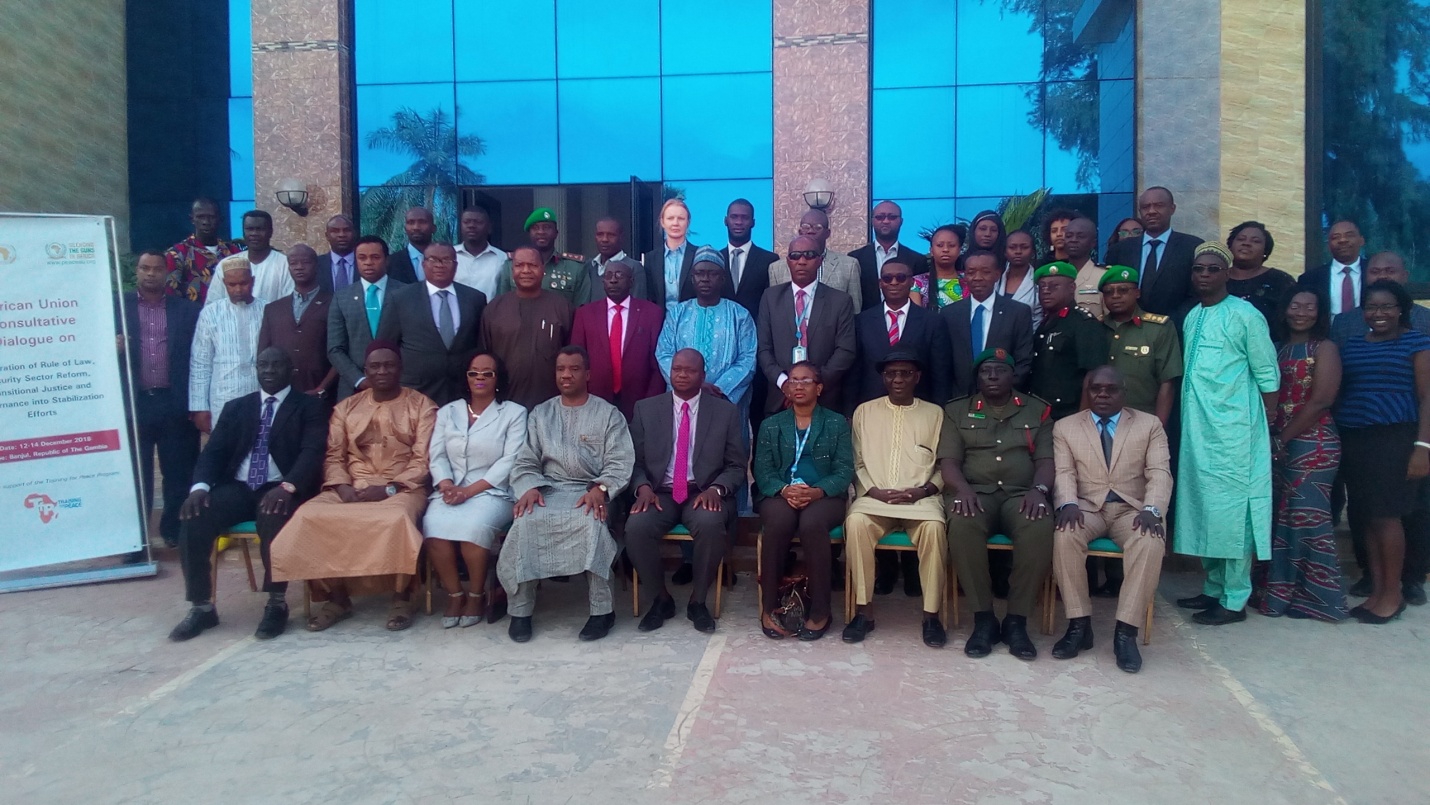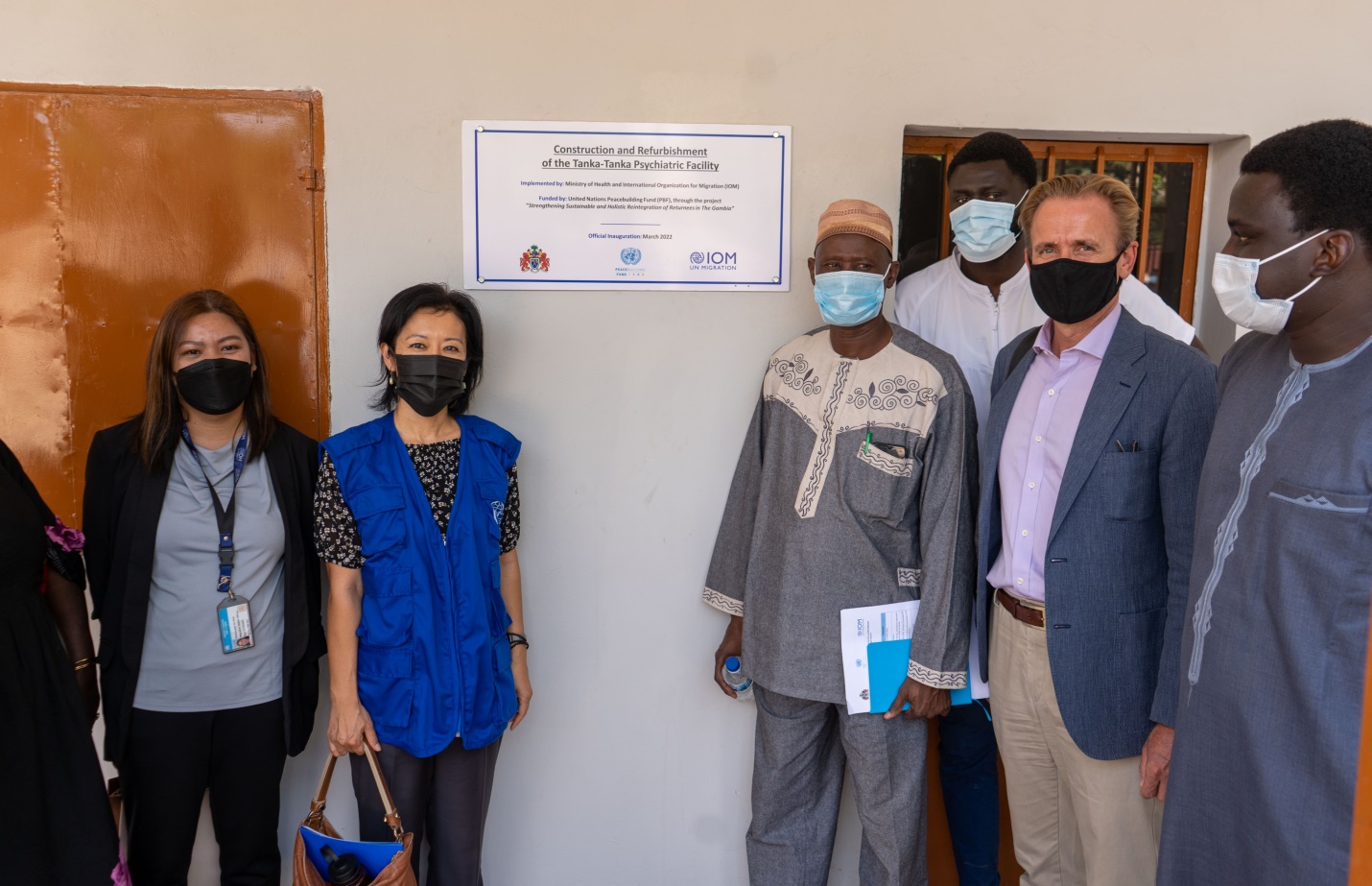By: Nyima Sillah
Following the recent celebration of International Women’s Day (IWD), and International Children’s Day, activists spoke on various issues affecting women, children, and the government’s commitment to giving priority to these areas.
The month of March is dedicated to women and children, as a result, The Voice Newspaper interacted with some women rights activists and child rights activists on the issues affecting these areas in the Gambia.
Mariama Johm, Program Manager Think Young Women, highlighted the issue rural women face in economic empowerment saying “a lot of rural women are engaged in agricultural activities and there are certain cultures in the Gambia that still believe that women cannot own land. This is a huge barrier with regards to women who are in agriculture.”
In terms of community grant criteria, she said the requirement disqualified most of the women since most of the grant criteria are based on high school certificates or entrepreneur training, a challenge for most of them.
“These are examples that these women who have not been to school are facing. If they attach such criteria into this grant automatically they are disqualifying them which is also a big barrier,” she stressed.
Another issue she lamented is economic empowerment, noting that rural women face harmful traditional practices such as child marriage, these women married at a very early stage, and by the time they grow up to be women they face numerous violence and this disturbs their self-esteem and eventually, they grew up with a mindset of not making an economic impact in their life.
“As we commemorated International Women’s Day, I would like to say how proud I am to be a Gambian woman and to say that Gambian women are strong, powerful, loyal, and very hard-working. On this special day, I would like to say we alone can decide our destiny as women, and all the decisions that affect our lives should be made by us.”
“A lot of successful businesses belong to men. These are people that have been venturing into business since they were younger but a lot of these women take economic activities as secondary.”
She added that some women don’t give importance or value to business since they believe that men are supposed to provide and women are supposed to be at home, which is another barrier for women to venture into economic activities.
However, Madam Johm emphasized the issue of implementation of policies disclosing that the government of the Gambia is one of the governments in the world that has one of the best policies that are there for women and children but the lapses are the implementation processes.
In other, for implementation to happen, she said the issue of ‘Maslaha’ should be out and people should handle things as they are, and when cases are reported they should allow the police to do their job.
“I feel and know that issues regarding sexual and gender-based violence need to address and need to be given priority women cases in courts are dragging the protection of women is lacking in Gambia. Women don’t feel safe anymore whether in a day or night, outside or in your house, we are not safe anymore,” she said.
According to her Security and issues of gender-based violence are not taken seriously in this country cases are been negotiated, and people blame and shame women instead of perpetrators women are not respected with regards to owning themselves as men still feel that they own them and should tell them what to do.
“I just want to remind the government and partners that issues regarding women are none negotiable we should not negotiate. Sexual and gender-based violence and issues of equality should not only stay on paper we should abide by and live by them.
“Women are humans, they are our partners, they are not secondary if we see women as our partners then we see half of the population of this country be serious. If development should take place and more than half of the population of this country is left behind, then the Gambia will always remain behind,” she said.
She, therefore, urged the Government to give women their due and when they aspired to be nominated for leadership positions let them be given the chance.
“Women are educated we have educated Gambian women here that have the potential. Institutions should empower women by giving them positions and giving them chance to rule,” she urged society.
On achievement aspects, she highlighted that as far as women’s empowerment is concerned, they have a lot of advocacy been done concerning women’s rights, SGBV affecting women, women’s and vulnerability.
“We speak up against all injustice that happens so that is a plus. Also economically we have seen a lot of institutions now having an interest in supporting women in entrepreneurship which is positive even though we are still struggling. “We have also seen a lot of attention being played and being recognized especially in gender issues. Positions are given to women in institutions, and when money is shared in communities they are also considered. The policy is helping when it is pushed in terms of implementation. In terms of politics, women are bold and they are coming up in participating and a lot of women are also becoming doctors which is another plus.”

Another Activist Yadi Njie, Eribo National Coordinator of National Coordinator of Forum for African Women also shed light on the significance of International Women’s Day saying, it is significant to honor women, recognize their accomplishments, and support women where there are gaps, raise awareness on gender inequities, gender violence and celebrate the women.
In terms of challenges, she said most women are not economically stable, women still suffer all forms of gender violence, and women’s representation in the Gambia is very poor.
She added that the way forward to address this issue is to create policies that will address the gaps and implement them. Address women’s representation in leadership positions. Bring women into parliament and leadership roles and more.
The level of Government commitment in fighting for women’s rights issues, she said she thinks the political will is there but more has to be done. Also, the biggest barrier is access to finance.

Meanwhile, on Children issues, Mariama Cham, a Social Worker, added that some of the key main issues children still face in the Gambia are rape, child marriage, FGM SGBV, child labor, and street begging.





